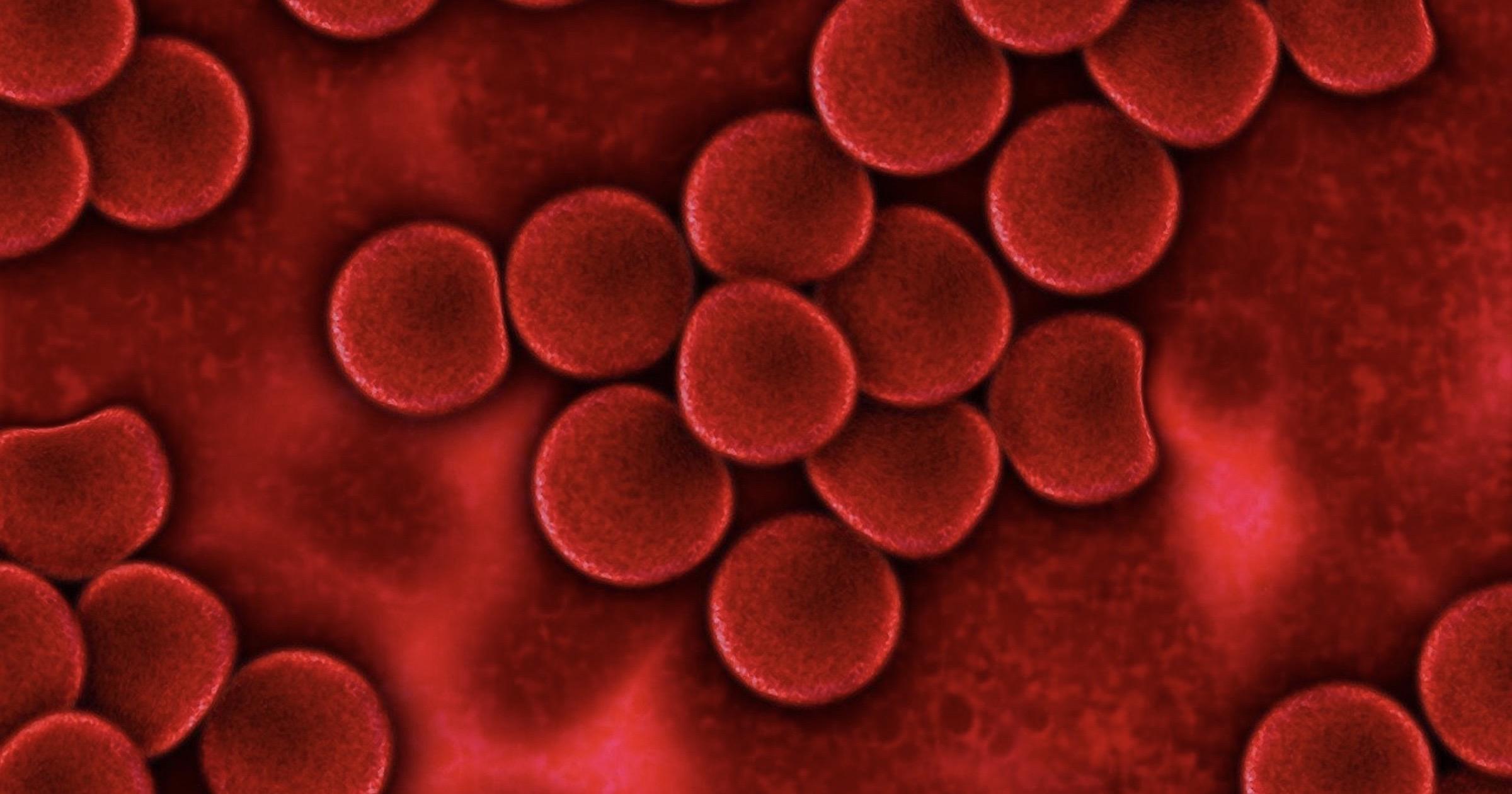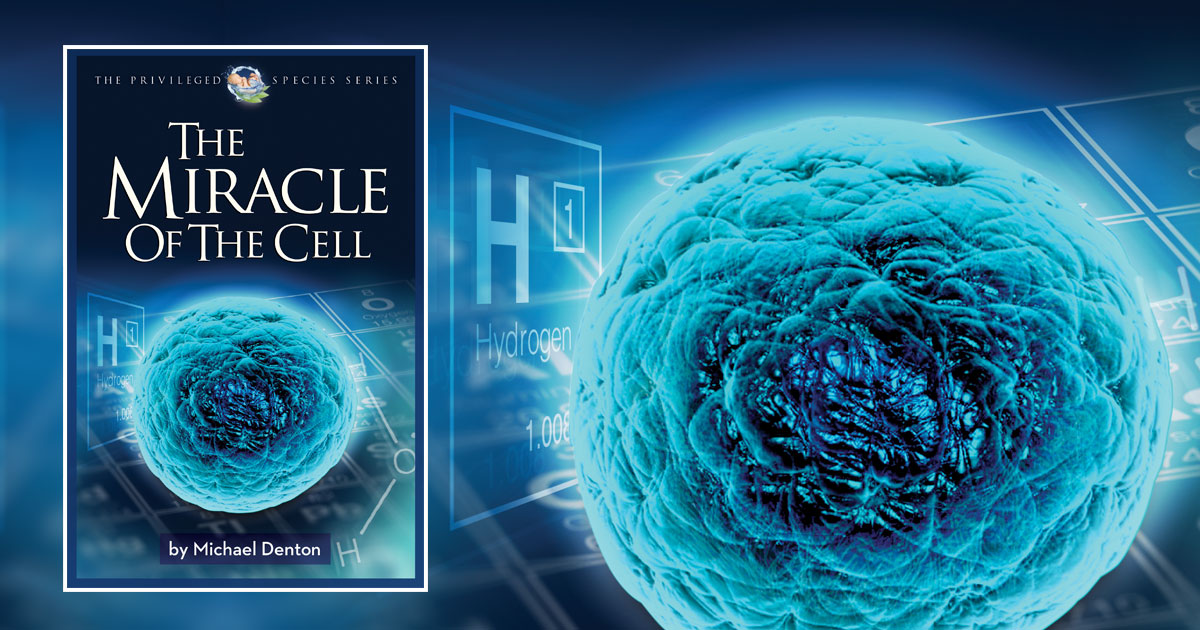 Evolution
Evolution
 Intelligent Design
Intelligent Design
Shall We Be Darwin’s Yes-Men?

The motto on U.S. currency says “In God We Trust.” But as you may have noticed from media headlines, our culture is much more anxious at the moment that we should trust scientists. Or trust “Science,” aka “The Science.” The latter is defined not as a search for truth, unleashed from predetermined conclusions, but as whatever “The Scientists,” the right scientists, say at any given moment.
It’s sycophancy, really, that is being asked of us. Remember those “IN THIS HOUSE, WE BELIEVE…SCIENCE IS REAL” yard signs? If Michael Denton and other proponents of intelligent design had been Darwin’s yes-men and just trusted “the science,” we would all be in the dark about the reality of biological and cosmological origins. In an excellent ID the Future episode coinciding with the release of his new book, The Miracle of the Cell, Dr. Denton describes his own journey as a Darwin skeptic. Download the podcast or listen to it here. Talking with host Eric Anderson, Dr. Denton says the story behind his evolutionary skepticism goes back 50 years. Around 1970 he was a young researcher at Kings College London, thinking about how mammalian red blood cell could have become anucleate, that is, losing their nucleus. Could a process like that have evolved unguided through a series of gradual steps, as Darwin required? Such a thing seemed impossible to conceive.

The Edge of Life
Later, the biochemist and physician practiced intensive care medicine. In his hospital work, he watched the delicacy of all the biological systems that kept his patients alive, or trembling on the knife’s edge of life. He reflected on the extreme fine-tuning of biology for life, and again could not accept the Darwinian assurance that unintelligent evolution had it all in hand, offering a convincing explanation of life’s miracles, including the cell. Denton, influenced by Harvard biochemist Lawrence Henderson’s The Fitness of the Environment, wrote his own classic, Evolution: A Theory in Crisis. His work has extended now to The Miracle of the Cell, part of Denton’s Privileged Species series.
A shallow response to fine-tuning arguments is that of course the environment is fit for life. If it weren’t, we wouldn’t be around to observe it! Denton’s reply is that the fine-tuning is far, far, far more intricate, exacting, and interdependent than we could have expected. It’s more exacting than we know even today. As he emphasizes, this itself is a scientific discovery, but one that points away from materialist understandings of a universe without purpose. As Anderson and Denton discuss, fine-tuning “points” from above and below — from the level of the universe as a whole, and from the atomic level, the macro and micro — to living creatures of our biology. Physics and chemistry don’t just loosely “permit” us. They define exquisitely precise preconditions for our lives, and must have done so from the origin of the universe.
As a young scientist, Dr. Denton came to realize this — that a designing intelligence had been active from the inception of physical reality at the Big Bang. In The Miracle of the Cell, he leads readers on to the next stage of his own journey of discovery.
